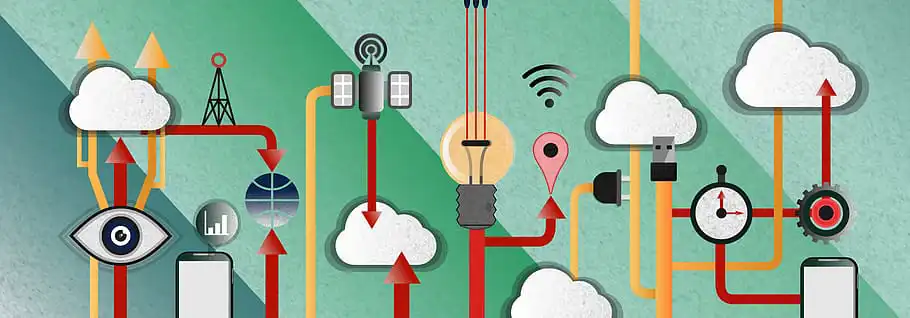Reports by Human Rights Watch surfaced accusing Meta, the parent company of Facebook and Instagram, of censorship. Allegedly, the social networking giant policed content advocating Palestine, in effect, muzzling voices raising awareness, calling for justice, or expressing solidarity.
These allegations aren't novel, as Meta had come under scrutiny for bias back in May 2021. During the Israel-Palestine conflict, there were numerous complaints about the removal or suppression of posts and hashtags supporting Palestine. Despite Meta's assurances of impartiality, the instances of perceived bias persisted.
This report by Human Rights Watch isn't the first of its kind. Previously, the NGO 7amleh published similar findings, highlighting the prevalent bias on these social networking platforms. Many recognize this as an alarming instance of an information-control apparatus undermining freedom of expression.

Intensifying these concerns was the enigmatic nature of Meta's content moderation apparatus. Their opaque processes and criteria have given rise to such problems. By refusing to disclose detailed information, Meta effectively creates an environment where these biases can flourish.
Reports have indicated that Meta used content moderation tools that were not adept at understanding the complexities of the Middle Eastern conflict or Arabic language nuances. This resulted in many instances of unjust censorship, where posts expressing support for Palestine were taken down.
Instances where graphic images and details of the actualities of the conflict were removed have also surfaced. However, it's pertinent to remember that Meta's policies caution against gratuitous violence depiction. Here, the line blurring of moderation and censorship becomes apparent.
Interestingly enough, concern isn't limited to just pro-Palestine content. A general pattern of suppression of voices speaking against the mainstream narrative has emerged. Blatant examples are the instances of marginalized groups being silenced on these platforms.
This bias isn't limited to the audience alone. Several Palestinian journalists and influencers have reported being targeted by the site's content-moderation policies. Their work to amplify the voice of the Palestinian people often finds itself at odds with Meta's policies.
These instances point at a compelling concern: The control Meta has over global information flow. With more than two billion users worldwide, Meta can dictate who sees what when and where. This power can manipulate public opinion, control narratives and color perceptions.
For a democratic space, it's essential that information flow democratically. Voices should not be silenced based on popularity or lack thereof, political leanings, or origin of content. Any deviation from this principle undermines the essence of a democratic digital sphere.
Experts advocate for transparency in Meta's decision-making processes. A thorough review of the content-moderation policies and clear guidelines on what constitutes political bias is demanded. The goal should be fair treatment, irrespective of political, geographical, or societal biases.
Questions have been raised about the conflict of interest concerning Meta's government relationships and its adherence to free speech. Many opine that Meta is under immense pressure from various government bodies, significantly affecting its moderation policies.
Essential steps towards rectification include incorporating more linguistic and cultural diversity in decision-making panels. The lack of Arabic-speaking individuals or those proficient in the Middle Eastern conflict has surfaced as a glaring issue in content moderation.
Another remediation step would be adopting a more localized approach. By considering regional context and language nuances, Meta may better moderate content. Overreliance on artificial intelligence and automation clearly isn't serving justice to content moderation.
Creating a public oversight body responsible for reviewing decisions, appealing against perceived biases, and appealing removals could be an effective solution. This would also help bring in transparency and accountability into Meta's operations.
A commitment to continuous learning and adapting from errors is essential for Meta. The platform should address its mistakes effectively, creating an atmosphere of trust and legitimacy among users. Ultimately, the power of the platform should be wielded responsibly, to encourage and promote free speech.
Meta's current opaque policies underscore the importance of internet rights and digital democracy. A fundamental lesson arising from this situation is the need for strict regulations on tech giants like Meta. Their unchecked power may have serious implications for democratic discourse.
Public and civil organizations, digital rights advocates, and conscious netizens need to amp up their vigil. Close scrutiny of these platforms, coupled with effective pressure tactics, can ensure balanced and fair treatment of all content.
In conclusion, the allegations against Meta offer an essential glimpse into the digital world's darker corners. This highlights the necessity for vigilant oversight, strict regulations, and effective public pressure to ensure platforms remain democratic spaces that respect individual rights and promote free speech.